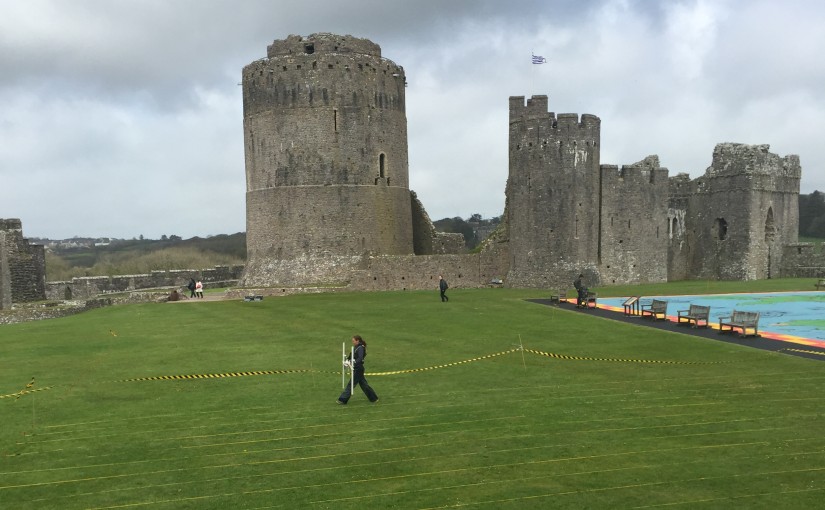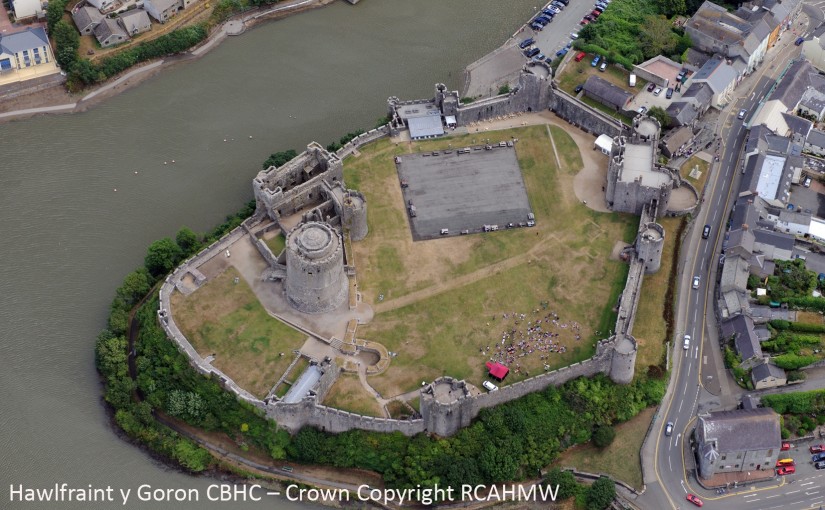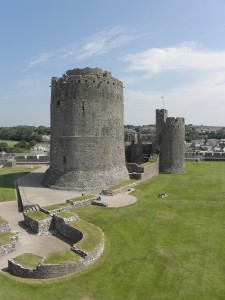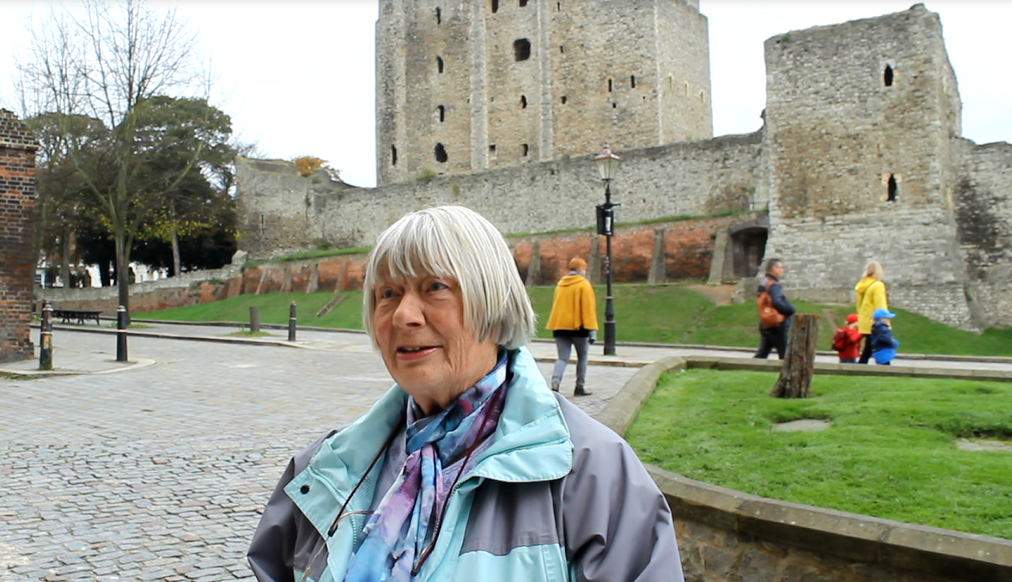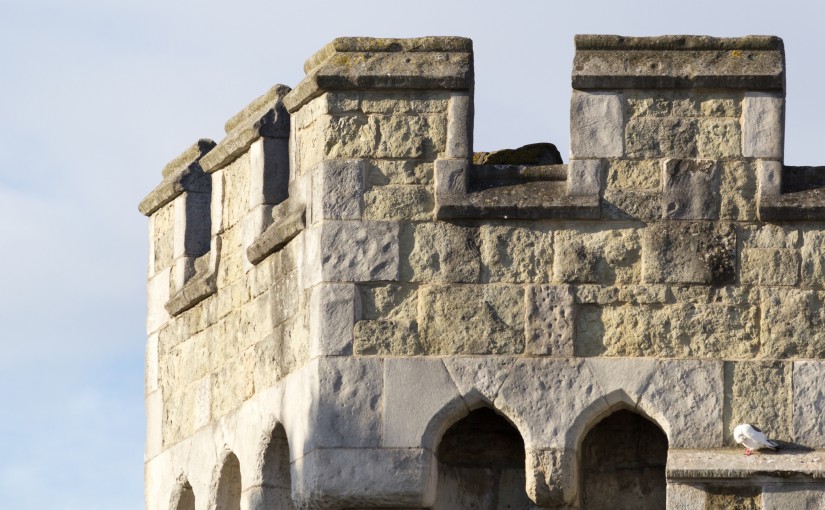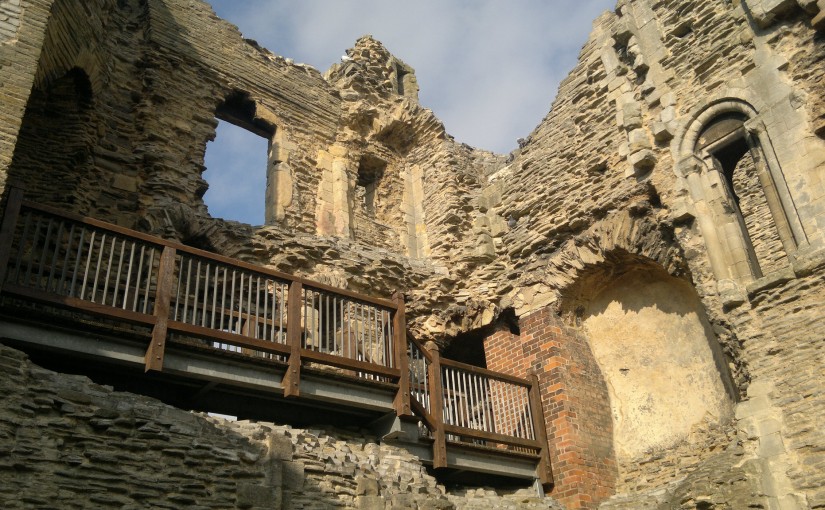The way the Castle Studies Trust selects the projects it will award grants to is a simple but thorough process that takes place in two parts:
- Assessment of the projects by our team of experts
- Based on the feedback from our assessors, the trustees decide which grants to award at a board meeting in February.
As you can see our experts are not only some of the leading experts in the field, they also cover all countries in the British Isles to have the local expertise.
Applications are sent to our assessors immediately after the closing date. They then assess each of applications on six criteria:
- Will the project advance the study/understanding of castles?
- Importance of site and/or castle studies topic being researched.
- Does the applicant(s) have the necessary skills and expertise to complete the project to a satisfactory standard?
- Is the aim achievable by means suggested?
- Is the aim achievable within time frame (ie within nine months)?
- Are costings realistic and achievable?
On each of the criteria the assessor is asked to mark the application – out of ten for the first two criteria, out of five for the rest – and to put the mark in context make comments explaining the mark. The higher a project’s score, the higher its assessment. As an additional check we will then ask each assessor to rank their top three or five projects, depending on the number of applications received.
This is a classic example of where great minds may not think alike. In both the first two years of grant award rounds at least half the applications have been ranked in their favourites by at least one assessor. Indeed, in the first two years, only one project has received universal support by assessors – the Wressle garden survey.
This provides both challenges and some flexibility for the trustees, who, having read through both the applications and the assessors feedback then have the difficult job of selecting the projects at an afternoon-long meeting. In making that choice the trustees also have the added consideration of not just the quality of the research but also how the projects can benefit the Trust, in terms or raising awareness of it and consequently funds for the following years.
The process of selecting the projects is carefully minuted so feedback can be given to the applicant if required. Decisions on grant awards are wherever possible made on unanimous decisions of the trustees. When this is not possible a majority decision will suffice.
The successful applicants are then informed. As is always the case for granting giving charities there are always more good projects that can be funded. In some cases where the project is just not quite good enough, we suggest they can apply next year.
To see which sites are being considered in 2016, read our summary.
